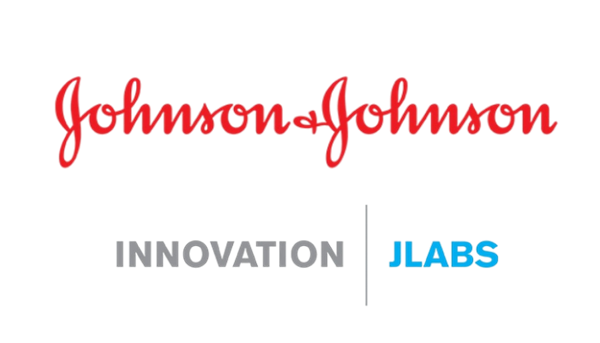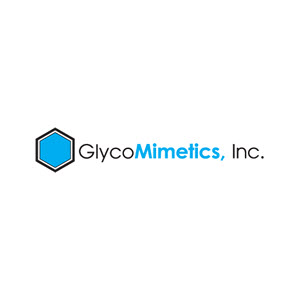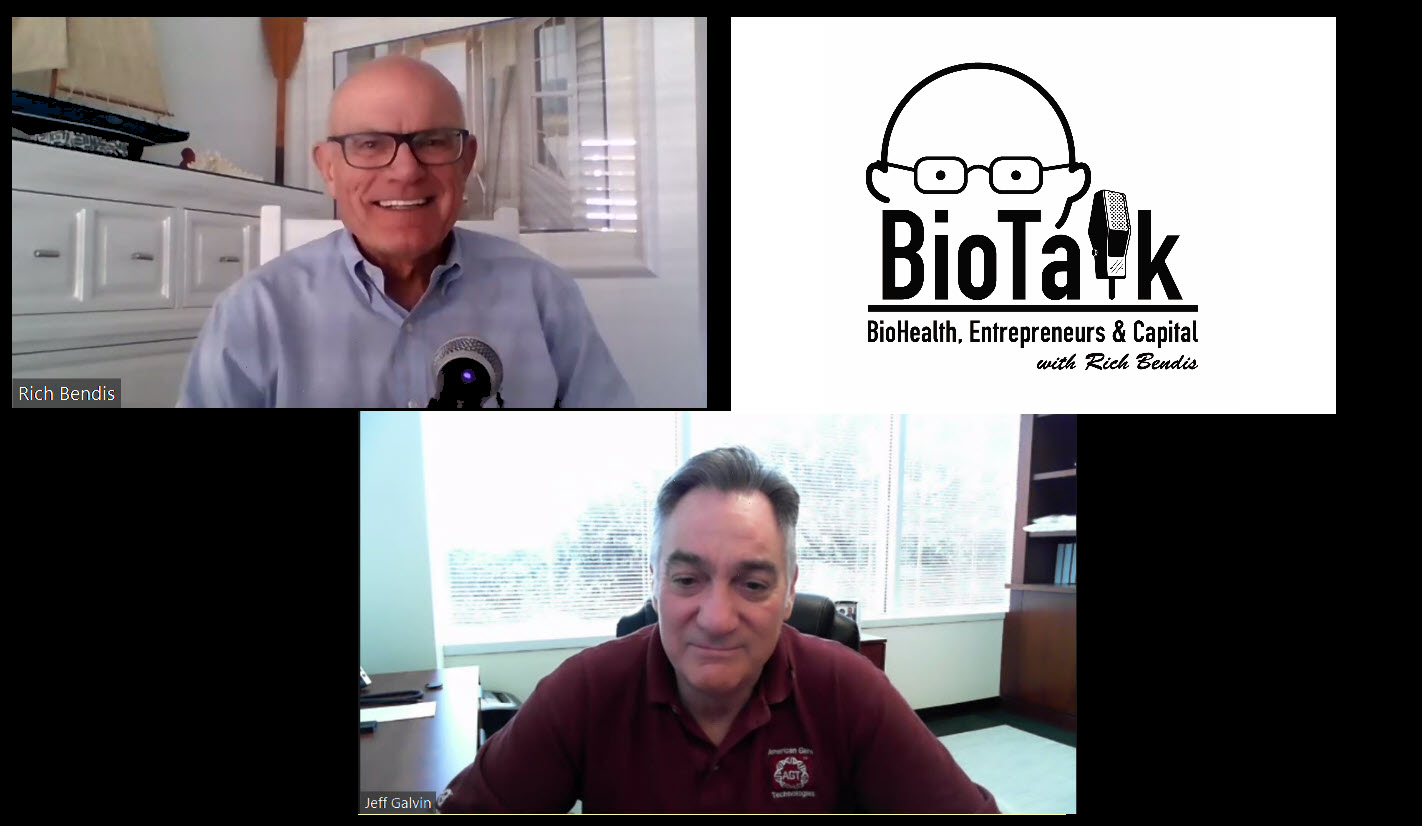ROCKVILLE, Md.–(BUSINESS WIRE)–Oct. 5, 2020– GlycoMimetics, Inc. (Nasdaq: GLYC) today announced that the U.S. Food and Drug Administration (FDA) has granted the Company a Rare Pediatric Disease designation for rivipansel for the treatment of sickle cell disease in patients 18 years old and younger. This designation recognizes the significant needs in pediatric patients.
“The FDA’s designation recognizes the morbidity and mortality burdens of sickle cell disease as well as its significant impact during childhood with life-long implications. With this designation, the agency acknowledges the urgent need for improved treatment of children living with sickle cell disease,” stated Helen Thackray, Chief Medical Officer of GlycoMimetics.
“With global rights for rivipansel in our hands, we are exploring options to move forward in sickle cell disease, including discussions with the FDA as to whether there is a regulatory path to approval,” added Rachel King, Chief Executive Officer. “We plan to roll out the full data set from the Phase 3 RESET program at upcoming medical meetings, based on the acceptance of abstract submissions.”
About Rare Pediatric Disease Designation
The FDA defines a “rare pediatric disease” as a serious or life-threatening rare disease in which the serious or life-threatening manifestations primarily affect individuals aged from birth to 18 years. Under the FDA’s Rare Pediatric Disease Priority Review Voucher program, a sponsor who receives an initial approval for a drug or biologic for a “rare pediatric disease” may qualify for a voucher that can be redeemed to receive a priority review of a subsequent marketing application for a different product.
About Sickle Cell Disease (SCD) and VOC
SCD is the most common inherited blood disorder in the United States, impacting approximately 100,000 people. Worldwide, approximately 100 million people carry the SCD trait and an estimated five million live with the disease. While the majority of people with SCD are of African descent, the disease can affect all ethnic groups, especially those from areas where malaria is or was endemic, such as the Middle East, India and the Southern Mediterranean. Acute pain crises or VOCs are the most common clinical manifestation of SCD. A VOC occurs when hypoxia and inflammation lead to vascular occlusion, tissue ischemia and pain.
About Rivipansel
Rivipansel, a glycomimetic drug candidate that binds to all three members of the selectin family (E-, P- and L-selectin), was GlycoMimetics’ first drug candidate to enter clinical development. After the Phase 3 RESET trial conducted by Pfizer, GlycoMimetics’ former collaborator, produced disappointing results in 2019, new clinical outcome data from a post hoc analysis of early treatment with rivipansel were published in June 2020 in advance of a poster shown at the Foundation for Sickle Cell Disease Research Meeting on September 24, 2020.
About GlycoMimetics, Inc.
GlycoMimetics is a biotechnology company with two late-stage clinical development programs and a pipeline of novel glycomimetic drugs, all designed to address unmet medical needs resulting from diseases in which carbohydrate biology plays a key role. GlycoMimetics’ drug candidate, uproleselan, an E-selectin antagonist, was evaluated in a Phase 1/2 clinical trial as a potential treatment for acute myeloid leukemia (AML) and is being evaluated across a range of patient populations including a Company-sponsored Phase 3 trial in relapsed/refractory AML under breakthrough therapy designation. Rivipansel, a pan-selectin antagonist, is being explored for use in treatment of acute VOC in SCD. GlycoMimetics has also completed a Phase 1 clinical trial with another wholly-owned drug candidate, GMI-1359, a combined CXCR4 and E-selectin antagonist. GlycoMimetics is located in Rockville, MD in the BioHealth Capital Region. Learn more at www.glycomimetics.com.
Forward-Looking Statements
This press release contains forward-looking statements regarding the clinical development and potential benefits and impact of the Company’s drug candidates. These forward-looking statements include those relating to the planned or potential clinical development of the Company’s product candidates, including the presentation of data from clinical trials. Actual results may differ materially from those described in these forward-looking statements. For a further description of the risks associated with these statements, as well as other risks facing GlycoMimetics, please see the risk factors described in the Company’s annual report on Form 10-K filed with the U.S. Securities and Exchange Commission (SEC) on February 28, 2020, and other filings GlycoMimetics makes with the SEC from time to time. Forward-looking statements speak only as of the date of this release, and GlycoMimetics undertakes no obligation to update or revise these statements, except as may be required by law.

View source version on businesswire.com: https://www.businesswire.com/news/home/20201005005866/en/
Investor Contact:
Shari Annes
Phone: 650-888-0902
Email: sannes@annesassociates.com
Media Contact:
Jamie Lacey-Moreira
Phone: 410-299-3310
Email: jamielacey@presscommpr.com
Source: GlycoMimetics, Inc.





